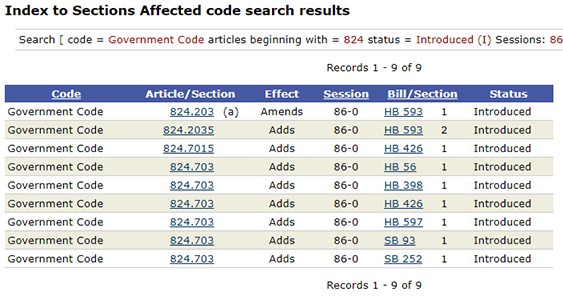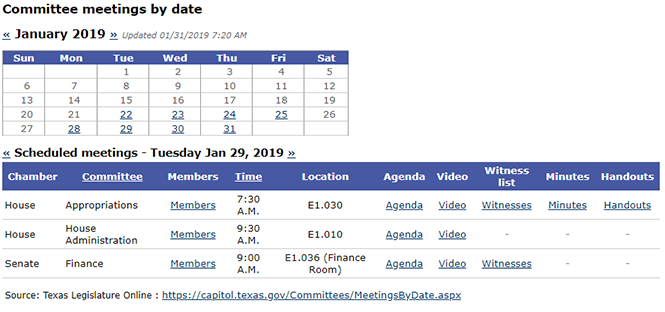The 1st Called Session of the 87th Legislature begins tomorrow at 10 a.m.
For information about called sessions, commonly referred to as special sessions, check out the "Special Sessions of the Texas Legislature" page on the Legislative Reference Library (LRL) website. Here, you can find past special session dates with gubernatorial proclamations, statutory authority, frequently asked questions, Texas Attorney General Opinions, and other resources. If you are accessing this page from within the Capitol Complex, you can also view articles related to special sessions from our clips database.

Special Sessions and Years includes links to official proclamations and session topics assigned by the governor for the current special session and historical special sessions back to the 9th Legislature. We have added information about the 87th Legislature, 1st Called Session, including Governor Abbott's proclamation and topics.


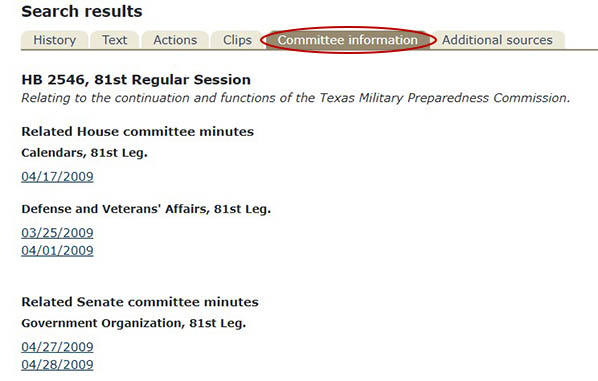
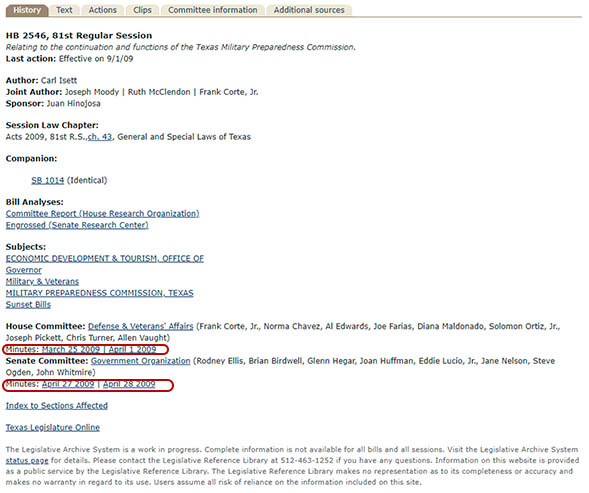
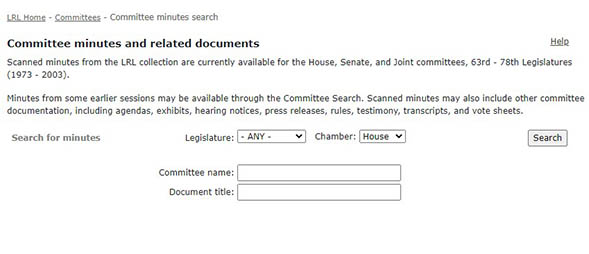
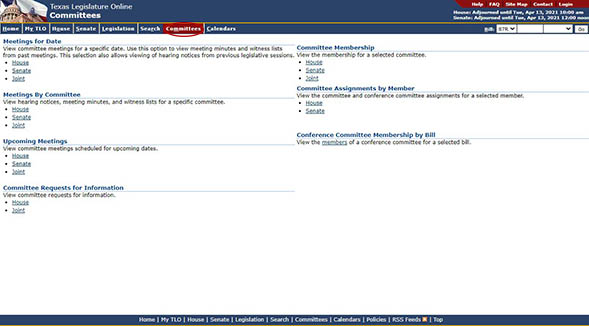

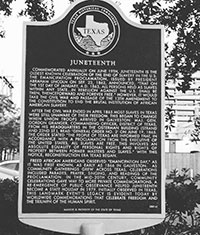 On June 19 ("Juneteenth"), 1865, Union General Gordon Granger arrived in Galveston and issued General Order Number 3, which read, "The people of Texas are informed that, in accordance with a proclamation from the Executive of the United States, all slaves are free. This involves an absolute equality of personal rights and rights of property between former masters and slaves, and the connection heretofore existing between them becomes that between employer and hired labor."
On June 19 ("Juneteenth"), 1865, Union General Gordon Granger arrived in Galveston and issued General Order Number 3, which read, "The people of Texas are informed that, in accordance with a proclamation from the Executive of the United States, all slaves are free. This involves an absolute equality of personal rights and rights of property between former masters and slaves, and the connection heretofore existing between them becomes that between employer and hired labor." 